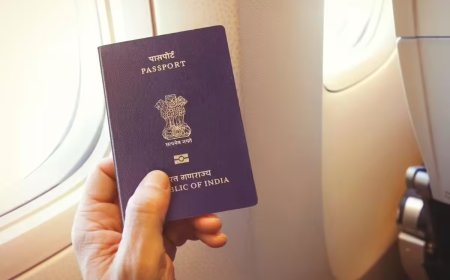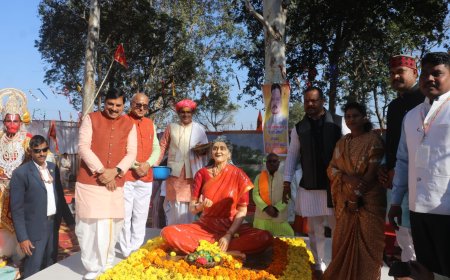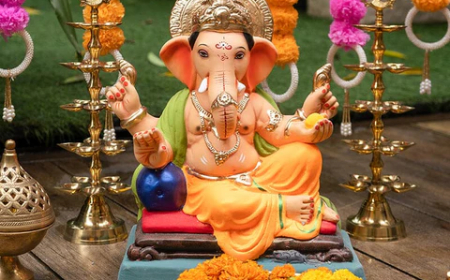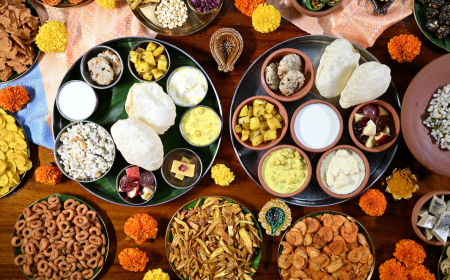How did the Sargi begin on Karva Chauth?, What are the rules for eating it? Learn more.
Women observe Karva Chauth fast for their husbands' long life. The emotional Sargi tradition, its mythological origins, timing, rituals, and significance reflect love, blessings, and family bonds.
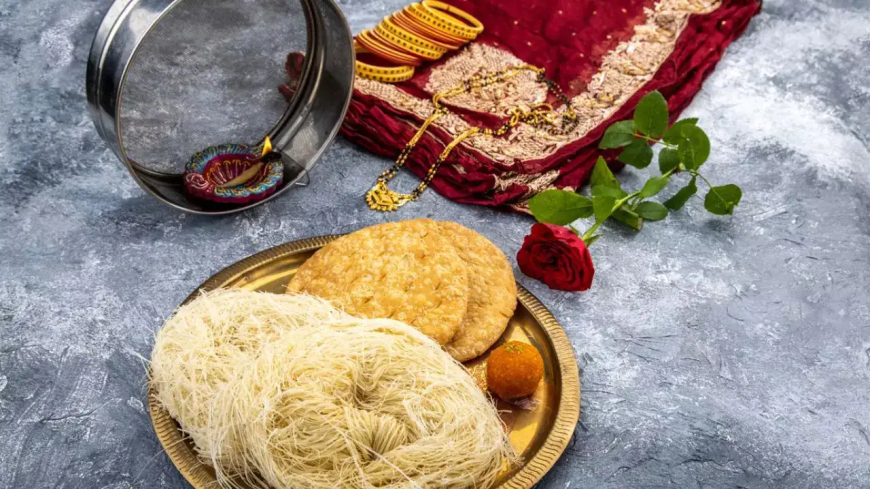
Religion: Married women observe the Karva Chauth fast for the long life of their husbands. On this day, in many states, there is a tradition of giving Sargi after waking up early in the morning and taking a bath. This tradition has been going on since ancient times. The tradition of Sargi on Karva Chauth and its rituals are very special and emotional. It not only marks the beginning of a fast but also symbolizes the blessings and love of the mother-in-law.
How did the Sargi tradition begin?
The Sargi tradition is linked to two major mythological stories:
1. The Story of Goddess Parvati
When Goddess Parvati first observed the Karva Chauth fast, her mother-in-law was absent. Her mother, Maina Devi, offered her Sargi. Since then, the tradition began that in the absence of a mother-in-law, a mother can also offer Sargi.
2. A Story from the Mahabharata Era
When Draupadi observed the Karva Chauth fast for the long life of the Pandavas, her mother-in-law, Kunti, gave her a Sargi. This tradition also became associated with the in-laws' family.
Rules and Right Time for Eating Sargi
Time for Eating Sargi:
Sargi is eaten during Brahma Muhurta, i.e., before sunrise, approximately between 4:00 and 5:30 a.m.
Eating Sargi after sunrise is considered against the rules of the fast.
What is in a Sargi?
A Sargi plate includes:
Fruits: Apples, bananas, pomegranates, papayas, etc.
Dried fruits: Almonds, cashews, raisins
Sweets: Halwa, kheer, or vermicelli
Coconut water or milk
Satvik food: Mathri, paratha (without spices)
Makeup items: Bindi, bangles, vermilion, saree, etc.
What should not be eaten in a Sargi?
Oily and spicy foods
Heavy foods that can interfere with fasting
The emotional significance of Sargi
Sargi is not just food, but the blessings, love, and affection of the mother-in-law. It prepares the daughter-in-law mentally and physically for the fast.
What's Your Reaction?
 Like
0
Like
0
 Dislike
0
Dislike
0
 Love
0
Love
0
 Funny
0
Funny
0
 Angry
0
Angry
0
 Sad
0
Sad
0
 Wow
0
Wow
0


